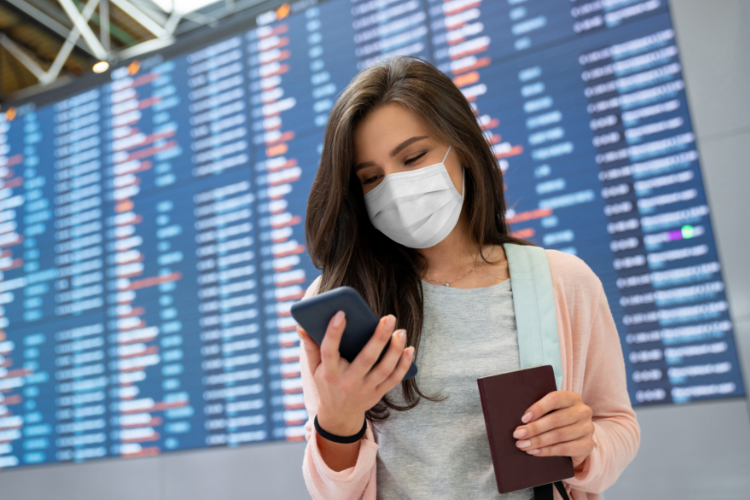Xavier Mena, professor of Economy at URL and ESADE, offered the keynote address “Escenarios económicos de salida de la COVID-19: El horizonte de la industria turística” (Economic scenarios for the end of the COVID-19 crisis: the future of the tourism industry) before the Advisory Board of HTSI.

Xavier Mena, professor of Economy at URL and ESADE, offered the keynote address “Escenarios económicos de salida de la COVID-19: El horizonte de la industria turística” (Economic scenarios for the end of the COVID-19 crisis: the future of the tourism industry) before the Advisory Board of the School of Tourism and Hospitality Management Sant Ignasi.
Made up of important companies from the international tourism sector such as Turijobs, the Majestic Hotel Group, CCIB, Barceló Hotels & Resorts, Hosco or Liberty International Tourism Group, the Advisory Board consists of leaders and alumni who share HTSI’s values.
The master class began by using the metaphor of a black swan for COVID-19 and the unprecedented disruption it has caused. The Professor then discussed policy on public health vs. economic policy, and described post-coronavirus scenarios; finally, he analysed the potential future of the tourism industry.
Regarding assistance offered by the Spanish public administration, “España Puede” (Spain Can) is a plan for recovery, transformation and resilience that includes three key aspects: digital transformation, green transformation and social inclusion and cohesion. In the allocation of funds for this plan, the portion for the “modernization and digitalization of industry and SMEs, recovery of tourism and the promotion of Spain as an entrepreneurial nation” makes up 17% of the total. “We’ll see how capable the tourism sector is of presenting projects that are attractive and transformative for the sector”, Xavier Mena announced.
Along the same lines, Mena noted that European funds are loans, not simple transfers of wealth to potential projects. Therefore, “the tourism sector needs to present realistic, feasible proposals.” The allocation for Spain is €140,000 million out of the European total of €750,000 million. “We need to know how to use these European funds to transform our tourism sector”, the Professor concluded.
A recovery shaped by uncertainty
This recovery will be strongly impacted by uncertainty. There are a wide range of factors to consider, such as the duration of citizen confinement and the halt to all non-essential economic activities; the extremely gradual relaxing of restrictions; the possibility of a resurgence of the epidemic this coming winter; the availability of a vaccine; and the effectiveness of economic policies (fiscal, monetary, etc.) to mitigate the social and economic impacts of the disease.
Despite the many possible scenarios, Xavier Mena announced that “we don’t expect to recover pre-COVID levels until 2023, and that’s without the potential impact of resurgences on the economy as a whole.”
The travel, air transportation and hotel sectors are clearly some hardest-hit. Also, in projections for post-COVID recovery, tourism and recreation are the sectors that will have the hardest time recovering. Meanwhile, the tech, healthcare and pharmaceutical industries will be the least affected.
To conclude, the Professor noted that the trends found in the tourism industry before COVID-19 have only been accelerated and consolidated: the proliferation of analytical systems and disruptive technology, the shift towards all things digital and mobile, concern for environmental impact, the expansion of welfare and health services, etc.
In a constantly-changing context, the main goal of HTSI’s Advisory Board is to provide continuing guidance and reflect on the School’s present and future path. It also seeks to maximize the collaborative relationship with companies from the sector and to bring university training closer to the reality of the field.










